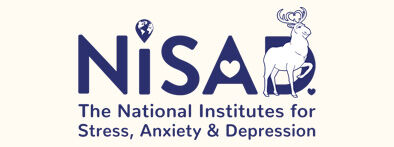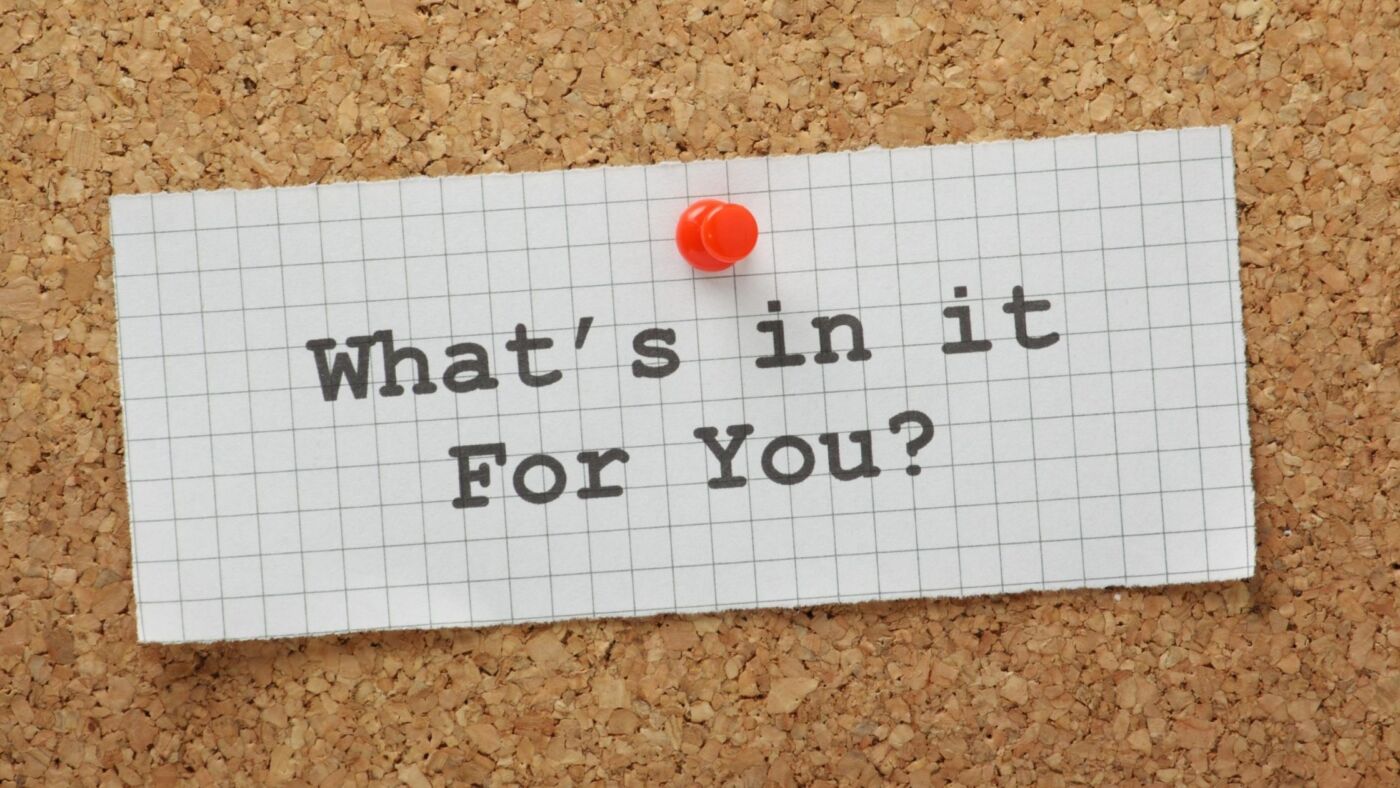Think you need to maintain a high level of self-esteem, at all costs, for your well being?
Well, if you do, this may come as a surprise – the latest research shows developing self-compassion to be just as, if not more, important when facing life’s challenges.
Some people assume that self-compassion must be the soft option – letting yourself off the hook – you need to stay on top of yourself or nothing would get done.
Well yes, we can give ourselves a proverbial kick up the bottom when we’re feeling a bit lethargic, but sometimes when we’re struggling with a big challenge or difficulty being able to offer ourselves support rather than harsh words is far more motivating and skilful.
It’s probably easier to look at what self-compassion isn’t in order to understand what it is.
Self-compassion isn’t self-pity. Self-pity could be a feeling that something isn’t fair; a thought like “why does this always happen to me?” We can feel absorbed by our difficulty, sometimes catastrophising our situation and making ourselves feel worse. It’s a very isolating experience. It can feel like things seem to be harder for us than for other people.
Some people may fear that being kind to themselves (especially if they are having feelings of self-pity) may lead them to laying around all day eating chocolate! But this isn’t self-compassion, it’s self-indulgence.
Self-compassion is about self-care, and this includes being mindful of what is good for your body. (Current research on self-compassion shows that people who practise it actually make healthier food choices.)
So what is self-compassion and why is it important?
Psychologist, Kristen Neff, has led much of the research into self-compassion.
She describes it as having three major components – self-kindness, mindfulness and common humanity.
Everyone finds life difficult sometimes and self-kindness is the ability to be able to offer ourselves kindness at these times. To soothe ourselves when we perceive ourselves to be inadequate, to have failed or to be generally struggling with life’s inevitable difficulties and upsets.

We can develop self-compassion in a bid to be as moved by our own distress as we would be by the distress of others. So, when we feel challenged, inadequate or fearful, rather than berating ourselves for not having all the answers and criticising ourselves, we support ourselves in the same way we would a best friend.
The mindfulness aspect of self-compassion allows us to be aware of our pain and difficulties.
It’s quite natural to turn away or try to distract ourselves from painful thoughts and feelings. We are actually programmed with a drive that makes us seek out pleasure and avoid pain.
Mindfulness is counter-intuitive and the practice invites us to “be with” our pain.
You might find this post on how to start mindfulness and meditation interesting too.
Writer and psychiatrist, Howard Cutler, says:
“to diminish the suffering of pain we need to make a crucial distinction between the pain of pain, and the pain we create by our thoughts about the pain. Fear, anger, loneliness and helplessness are all mental and emotional responses that can intensify pain”.

As humans, we are often on “auto-pilot” and not really present in our lives. We are easily distracted and we habitually examine our past and try to predict our future. In this way, we can get caught up in thinking about solutions and what will happen if we don’t solve our problem/change our feelings/make the pain go away.
We can end up totally absorbed, ruminating and telling ourselves really frightening stories of what we think might happen, making ourselves feel even worse and forgetting that thoughts aren’t facts.
By being mindful to become more aware of our thoughts, feelings and body sensations, and by doing this in a way that suspends judgement and self-criticism, we can step out of auto-pilot and can be present with our pain and difficulty.
We can do this without making things feel worse, or by trying to find a way to belittle our feelings or avoid and distract ourselves from them – being with our distress, in this moment, and offering ourselves self-kindness.
This is a simple thing to do but not always easy. It requires practice but the pay-off is an incredibly positive impact on our emotional resilience and mood.
It’s interesting to note that current neuroscience suggests that emotions last in the brain for around ninety seconds. I speak from experience when I say I’ve made them last much, much longer than that! And it all depends on how I respond to the thoughts and feelings that come up for me.
What about common humanity?
Quite often because of the impossibly high standards we set ourselves and the difficulty lots of us have offering ourselves kindness, we can feel that our failings, perceived or otherwise, are our fault.
This is a very isolating experience. We all are a product of our genes and our environment…and we didn’t have much choice over either of these in our formative years. So why is it that when we feel that we haven’t developed to cope with everything life throws at us, do we immediately blame ourselves?
Common humanity is an understanding that everyone has difficult times in their lives.
We are all imperfect, we can all be fallible and vulnerable. It’s just part of the human condition, a deal one has no choice but to accept as we live our lives.
By accepting this, we don’t in any way make our pain go away, but it can make it slightly easier to bear when we recognise that it’s not our personal failing that is making this moment challenging, but the universal fact that we all find life difficult and painful sometimes. It’s an experience that unites us as a species rather than separates us as failing individuals.
Understanding our common humanity also requires us being able to see the interconnectedness of our lives. Not many of us are self-sufficient, making our own clothes, providing our own power, living off our land. Seeing the reliance we all have on each other in order for our lives to work, fosters a feeling of connectedness rather than isolation.
WE ARE ALL IN THIS TOGETHER.
Self-compassion isn’t just kindness to yourself. It’s actually doing something about your suffering in a skilful way – as best you can.
This is what makes self-compassion a particular type of empathy. There is an active desire to help, to call to action your ability to alleviate your own suffering.
Self-compassion has three components:
- Self-kindness
- Mindfulness
- Common Kindness
I had been practising mindfulness for around six years (qualifying as a clinical mindfulness teacher in the latter years) and compassion is an essential part of being mindful. I found my compassion towards others came fairly naturally. When I started to learn about self-compassion it was almost like I had come across my missing link.
When practising the lovingkindness (Metta) meditation, one wishes for peace, wellbeing, happiness, freedom from suffering for yourself and others.
I had noticed that there was resistance towards wishing myself all this good, positive stuff. At the time, I noticed this and just allowed the feelings to be there and they went fast just like everything else does. But I never actually thought to explore why I found it difficult to offer myself loving-kindness.
I first came across self-compassion research psychologist, Kristin Neff, a few ago. She was speaking about the fundamental need for self-compassion, both for individuals and for us as a species.
Seeing Neff talk about self-compassion switched a light on for me. I bought her book and my experience of doing her first self-compassion exercise was rather interesting.
It was to write a letter to yourself as if written from the most compassionate friend (or family member/spiritual leader – whoever you felt would be able to offer you compassionate words. Who understood everything you did about yourself and exactly the path you had taken to get to where you found yourself in your life).
My reaction to starting to write this letter was …..“Oh, get over yourself“!
It’s so far away from how I feel now, that it’s really difficult to bring to mind those old feelings.
This is really quite an amazing thing for me to realise. My self-critical voice was so loud and demanded to be heard
I still hear the voice, but I can now deal with it in such a dramatically different way. Before my self-compassion training, I would pay attention to that voice, and because of my mindfulness training, I would feel the emotions it brought up in me (shame and anxiety usually) I would do the very best I could to ‘stay in the moment’ and not go off onto a big journey with the thoughts that came up for me.
Once I started practising self-compassion, it almost added another layer to my experience.
When I found something/somebody challenging or if I behaved in some way I regretted, I was not only able to experience my feelings/thoughts – just noticing – but I was able to acknowledge that this experience was difficult for me in some way, to offer myself support and comfort at that moment. This was a whole new option – a powerful new option.
Learning to be kind to yourself helps you recognise those who treat you kindly, with compassion and understanding.
Not only does it lead to a better relationship with the self but others too.
Self-compassion gives you the courage to leave behind relationships that don’t support you, knowing that you’ll be there to support yourself when things go wrong, and they will – law of averages – allows you to step forward towards your challenges and dreams in a more positive light.

Karen Asprey
Clinical Director and Mindfulness Teacher at NISAD
BSc (Hons) DipCHyp HPD RCMT


